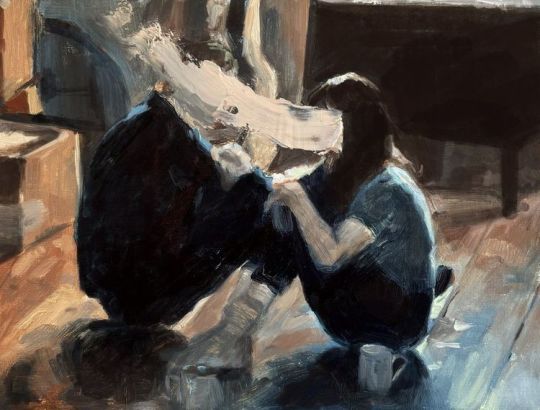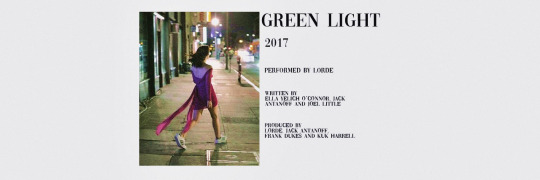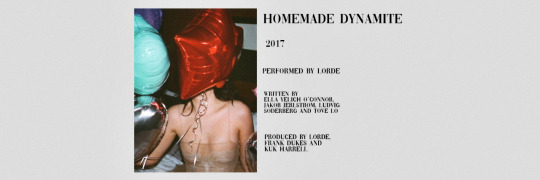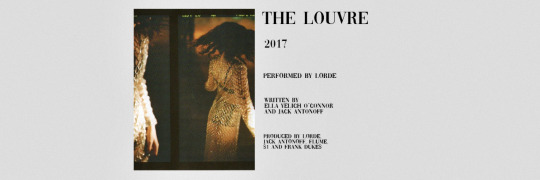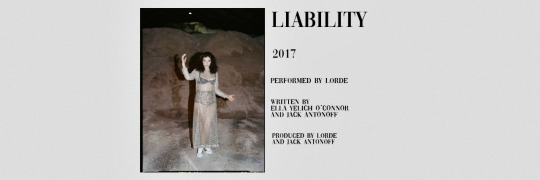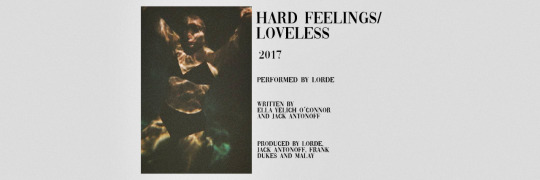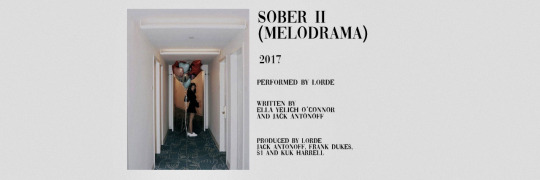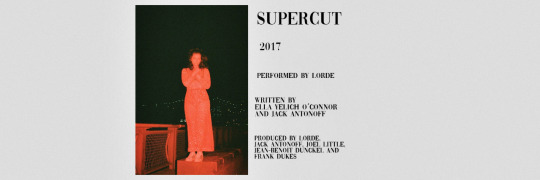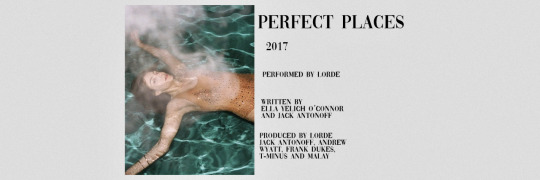Text
bell hooks masterpost
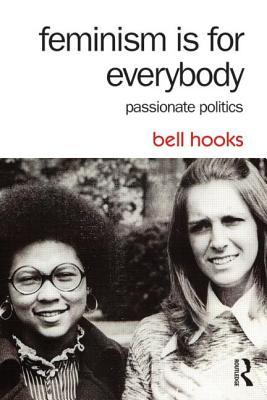
What is feminism? In this short, accessible primer, bell hooks explores the nature of feminism and its positive promise to eliminate sexism, sexist exploitation, and oppression. With her characteristic clarity and directness, hooks encourages readers to see how feminism can touch and change their lives–to see that feminism is for everybody.
PDF
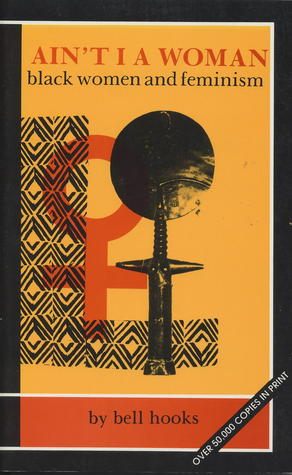
A groundbreaking work of feminist history and theory analyzing the complex relations between various forms of oppression. Ain’t I a Woman examines the impact of sexism on black women during slavery, the historic devaluation of black womanhood, black male sexism, racism within the recent women’s movement, and black women’s involvement with feminism.
PDF
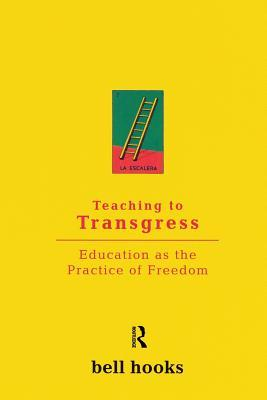
In Teaching to Transgress, bell hooks–writer, teacher, and insurgent black intellectual–writes about a new kind of education, educations as the practice of freedom. Teaching students to “transgress” against racial, sexual, and class boundaries in order to achieve the gift of freedom is, for hooks, the teacher’s most important goal. Bell hooks speaks to the heart of education today: how can we rethink teaching practices in the age of multiculturalism? What do we do about teachers who do not want to teach, and students who do not want to learn? How should we deal with racism and sexism in the classroom? Full of passion and politics, Teaching to Transgress combines practical knowledge of the classroom with a deeply felt connection to the world of emotions and feelings. This is the rare book about teachers and students that dares to raise critical questions about eros and rage, grief and reconciliation, and the future of teaching itself.
PDF
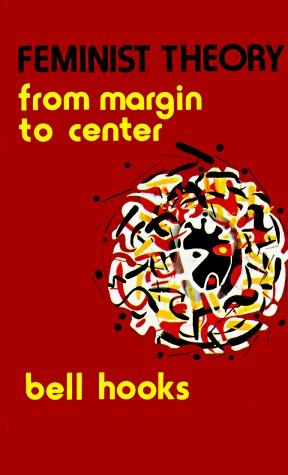
A sweeping examination of the core issues of sexual politics, bell hooks’ new book Feminist Theory: from margin to center argues that the contemporary feminist movement must establish a new direction for the 1980s. Continuing the debates surrounding her controversial first book, Ain’t I A Woman, bell hooks suggests that feminists have not succeeded in creating a mass movement against sexist oppression because the very foundation of women’s liberation has, until now, not accounted for the complexity and diversity of female experience. In order to fulfill its revolutionary potential, feminist theory must begin by consciously transforming its own definition to encompass the lives and ideas of women on the margin. Hooks’ work is a challenge to the women’s movement and will have profound impact on all whose lives have been touched by feminism and its insights.
PDF
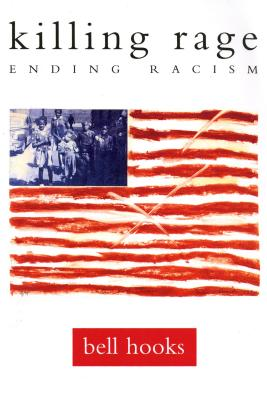
One of our country’s premier cultural and social critics, bell hooks has always maintained that eradicating racism and eradicating sexism must go hand in hand. But whereas many women have been recognized for their writing on gender politics, the female voice has been all but locked out of the public discourse on race. Killing Rage speaks to this imbalance. These twenty-three essays are written from a black and feminist perspective, and they tackle the bitter difficulties of racism by envisioning a world without it. They address a spectrum of topics having to do with race and racism in the United States: psychological trauma among African Americans; friendship between black women and white women; anti-Semitism and racism; and internalized racism in movies and the media. And in the title essay, hooks writes about the “killing rage"—the fierce anger of black people stung by repeated instances of everyday racism—finding in that rage a healing source of love and strength and a catalyst for positive change.
PDF
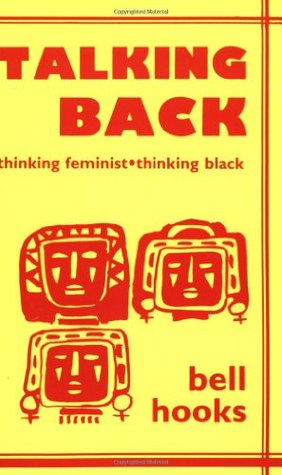
bell hooks writes about the meaning of feminist consciousness in daily life and about self-recovery, about overcoming white and male supremacy, and about intimate relationships, exploring the point where the public and private meet.
PDF
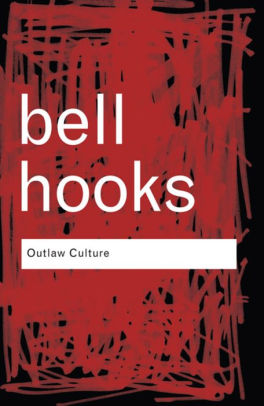
According to the Washington Post, no one who cares about contemporary African-American cultures can ignore bell hooks’ electrifying feminist explorations. Targeting cultural icons as diverse as Madonna and Spike Lee, Outlaw Culture presents a collection of essays that pulls no punches. As hooks herself notes, interrogations of popular culture can be a ‘powerful site for intervention, challenge and change’. And intervene, challenge and change is what hooks does best.
PDF
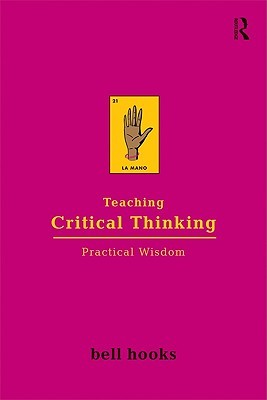
Addressing questions of race, gender, and class in this work, hooks discusses the complex balance that allows us to teach, value, and learn from works written by racist and sexist authors. Highlighting the importance of reading, she insists on the primacy of free speech, a democratic education of literacy. Throughout these essays, she celebrates the transformative power of critical thinking. This is provocative, powerful, and joyful intellectual work. It is a must read for anyone who is at all interested in education today.
PDF

Although it may not be the goal of filmmaker, most of us learn something when we watch movies. They make us think. They make us feel. Occasionally they have the power to transform lives. In Reel to Real, Bell Hooks talks back to films she has watched as a way to engage the pedagogy of cinema - how film teaches its audience. Bell Hooks comes to film not as a film critic but as a cultural critic, fascinated by the issues movies raise - the way cinema depicts race, sex, and class. Reel to Real brings together Hooks’s classic essays (on Paris is Burning or Spike Lee’s She’s Gotta Have it) with her newer work on such films as Girl 6, Pulp Fiction, Crooklyn, and Waiting to Exhale, and her thoughts on the world of independent cinema. Her conversations with filmmakers Charles Burnett, Julie Dash, and Arthur Jaffa are linked with critical essays to show how cinema can function subversively, even as it maintains the status quo.
PDF
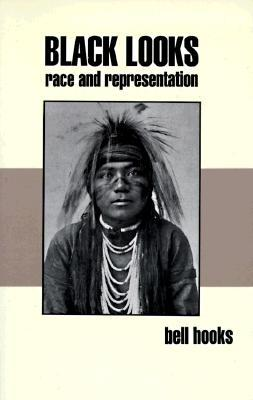
In these twelve essays, bell hooks digs ever deeper into the personal and political consequences of contemporary representations of race and ethnicity within a white supremacist culture.
PDF
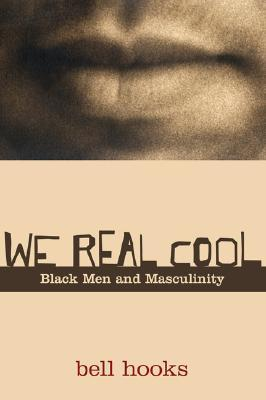
When women get together and talk about men, the news is almost always bad news,” writes bell hooks. “If the topic gets specific and the focus is on black men, the news is even worse.” In this powerful new book, bell hooks arrests our attention from the first page. Her title–We Real Cool; her subject–the way in which both white society and weak black leaders are failing black men and youth. Her subject is taboo: “this is a culture that does not love black males: ” “they are not loved by white men, white women, black women, girls or boys. And especially, black men do not love themselves. How could they? How could they be expected to love, surrounded by so much envy, desire, and hate?
PDF
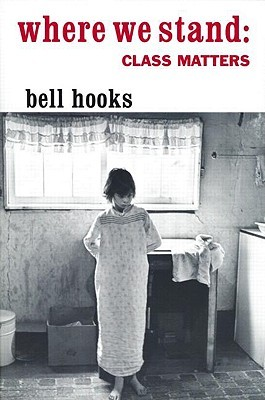
Drawing on both her roots in Kentucky and her adventures with Manhattan Coop boards, Where We Stand is a successful black woman’s reflection–personal, straight forward, and rigorously honest–on how our dilemmas of class and race are intertwined, and how we can find ways to think beyond them.
PDF
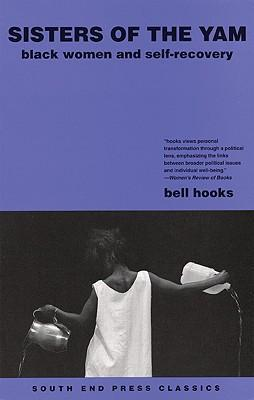
In Sisters of the Yam, hooks examines how the emotional health of black women is wounded by daily assaults of racism and sexism. Exploring such central life issues as work, beauty, trauma, addiction, eroticism and estrangement from nature, hooks shares numerous strategies for self-recovery and healing. She also shows how black women can empower themselves and effectively struggle against racism, sexism and consumer capitalism.
PDF
10K notes
·
View notes
Text
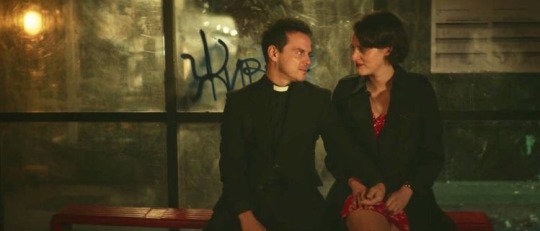

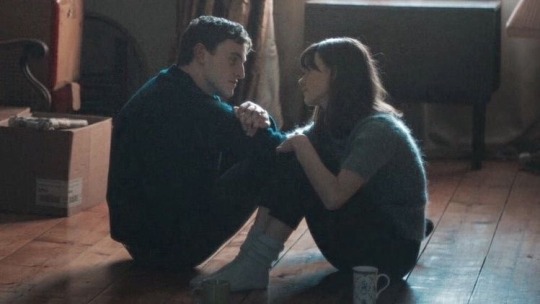

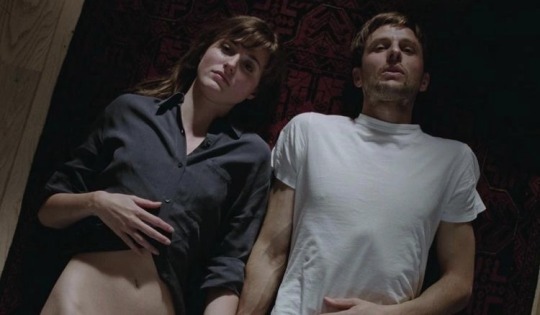

Fleabag (2016-2019) / Hard Feelings/Loveless, Lorde / Normal People (2020) / The Moon Is Always Female, Marge Piercy / The Worst Person In The World (2021) / Gale Song, The Lumineers
2K notes
·
View notes
Text
relating to marianne sheridan is feeling awful about yourself until someone wants you, needing someone else's validation to feel good but never getting it, hating yourself but also thinking you're the smartest person in every room, achieving but things that don't even matter that much to you just to prove to yourself and everyone around you that you can, the constant need to show everyone that you're worth something but still always feeling like you're never doing enough, wanting to work more but not being able to make yourself do anything, gifted kid burnout, feeling alone most of the time, feeling like you were born sad and can never be truly happy for a longer period of time, wanting to end it but being in love with life...
2K notes
·
View notes
Text
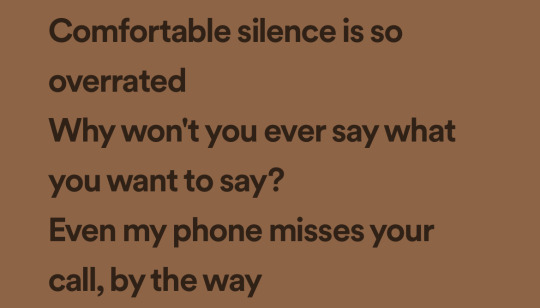
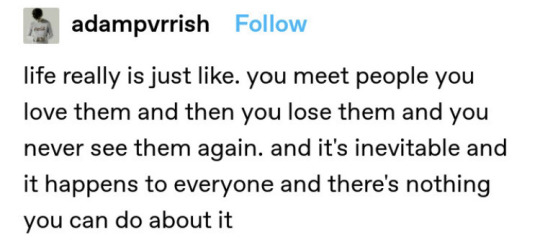



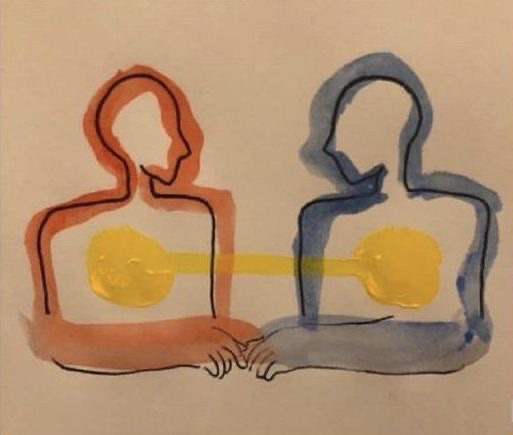
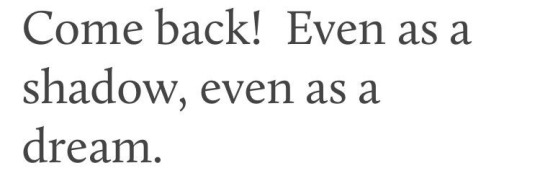

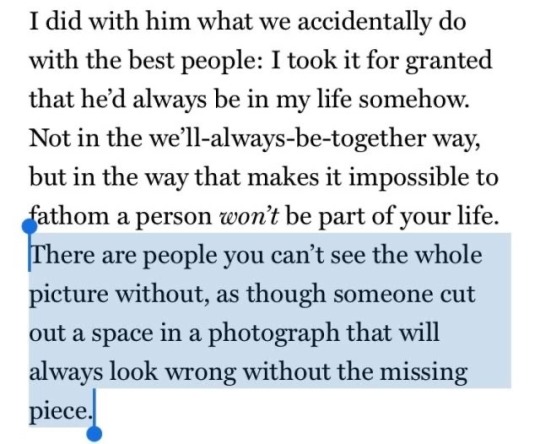
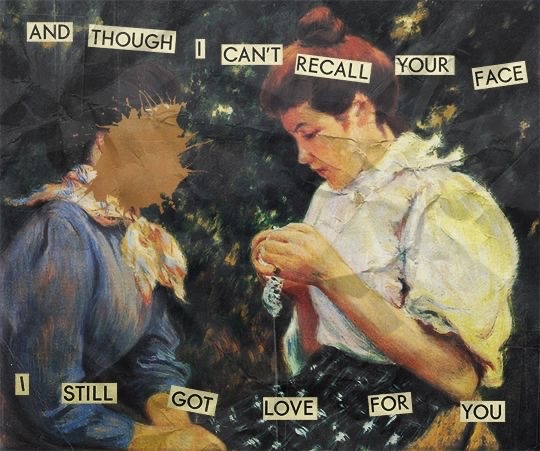
anyway, don’t be a stranger.
harry styles / adampvrrish / holly warburton / mitski / sally rooney / slugspoon / anne carson / frank ocean / rainesford stauffer / taylor swift
1K notes
·
View notes
Text
“The fact that erotic attraction in Austen’s work is forced out of language—sublimated into ambiguous gestures and looks and seemingly innocuous speech acts—constitutes in very large part the drama of her narratives. In a sense, then, it is from the unavailability of language that the tensions of the novel arise. We might propose the novel as a kind of book in which the most important subject cannot be spoken about. The genius of Jane Austen’s technical achievement is apparent not only in her wide readership but in her formal legacy. Austen’s narrative structures, her command of pacing, her perspectival techniques, her staging of small knowable social worlds: these are the basic ingredients of what we would now call the novel as a form.”
— Sally Rooney, from her essay/lecture “Misreading Ulysses”, published in The Paris Review, December 7, 2022
653 notes
·
View notes
Text
that part in normal people where he starts crying to his therapist about how he thought everything would be different in college, a good different, a good life, better friends, but life turned out a lot worse and he doesn’t have any friends and now he can’t even go back to what he thought he could do better than. there’s nothing left to go back to. the most fucked up thing about childhood is how you spent the entirety of it wishing you were older but then you are older and if it’s horrible, you don’t have the security blanket of saying “it’ll be better when i’m older” like you did when you were a kid cause you are older now & it’s not better, you have no real friends and you can’t even go back to being a kid and it’s a horrible horrible realisation
8K notes
·
View notes
Text
when elena ferrante said “there are people who leave and people who know how to be left” and when richard siken said “someone has to leave first. this is a very old story. there is no other version of this story.” and when sally rooney wrote “if i told you where my car is right now, i don’t think i’d be able to leave, i think i would have to stay here just in case you changed your mind about everything” and when mikko harvey said “the number of hours we have together is actually not so large. please linger near the door uncomfortably instead of just leaving. please forget your scarf in my life and come back later for it.”and when karese burrows wrote “i have never seen a door that doesn’t look like you leaving. look at me writing this poem. even here i don’t mean anything i say. except that I still want you. that whatever is in me still loves you deeply. it is a light i can’t turn off. i clap my hands and nothing happens.” and when margarita karapanou said “i never expected you to actually finish anything. you were always leaving. i always picture you with a suitcase in your hand.”
5K notes
·
View notes
Text

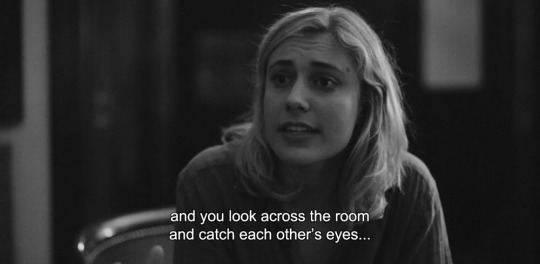
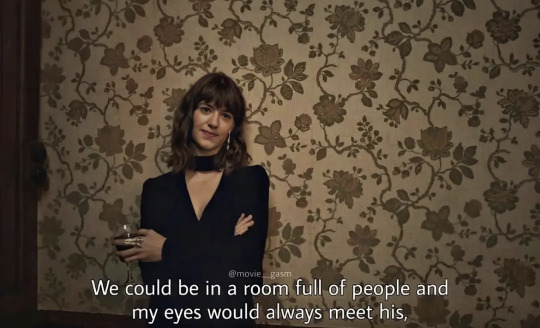
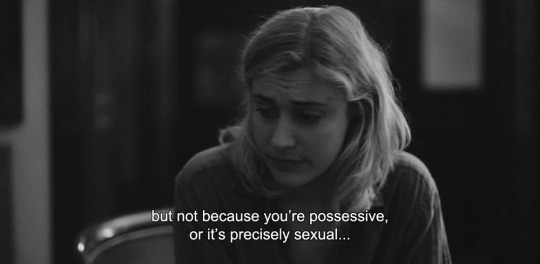
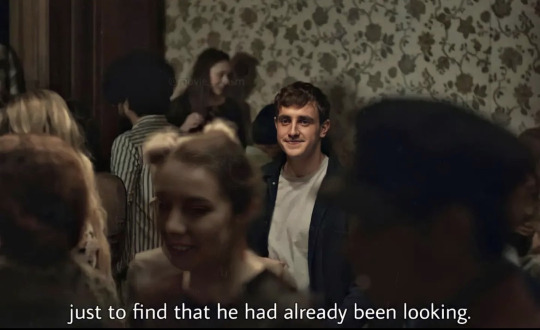
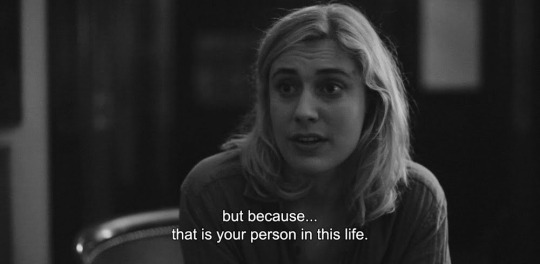
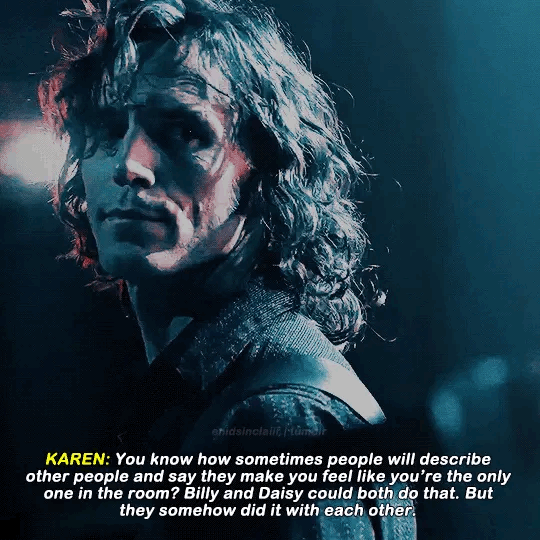
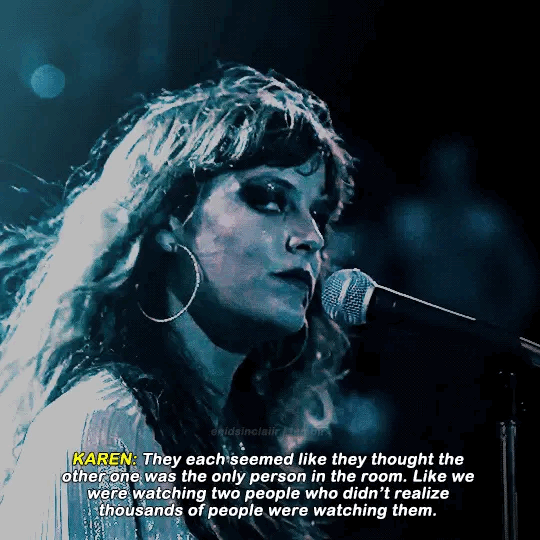

“When we catch eyes at that stupid party
I know exactly what to do
I'll take your hand, and we will leave
French exits from me & you”
Don’t Delete The Kisses - Wolf Alice / Frances Ha / Normal People / Daisy Jones & The Six (x) / Me and My Husband - Mitski
2K notes
·
View notes
Text
words i wish were written for me
Including book quotes, poetry, song lyrics and everything in between, these are some of the words that make my soul wish someone cared about me so much they would write this.
“Because you are the only person I can talk with about the shade of a cloud, about the song of a thought — and about how, when I went out to work today and looked a tall sunflower in the face, it smiled at me with all of its seeds.”
– Vladimir Nabokov, Letters to Vera
“My mouth hasn’t shut up about you since you kissed it. The idea that you may kiss it again is stuck in my brain, which hasn’t stopped thinking about you since, well, before any kiss. And now the prospect of those kisses seems to wind me like when you slip on the stairs and one of the steps hits you in the middle of the back. The notion of them continuing for what is traditionally terrifying forever excites me to an unfamiliar degree.”
– Alex Turner’s Letter to Alexa Chung
“And I’d give up forever to touch you / ‘Cause I know that you feel me somehow / You’re the closest to heaven that I’ll ever be / And I don’t want to go home right now.”
– From the song “Iris” by The Goo Goo Dolls
“I’m not a religious person, but I do sometimes think God made you for me.”
– Sally Rooney, Normal People
“It is late now, I am a bit tired; the sky is irritated by stars. And I love you, I love you, I love you – and perhaps this is how the whole enormous world, shining all over, can be created – out of five vowels and three consonants.”
– Vladimir Nabokov, Letters to Vera
“I could recognize him by touch alone, by smell; I would know him blind, by the way his breaths came and his feet struck the earth. I would know him in death, at the end of the world.”
– Madeline Miller, The Song of Achilles
“If all else perished, and he remained, I should still continue to be; and if all else remained, and he were annihilated, the universe would turn to a mighty stranger.”
– Emily Brontë, Wuthering Heights
5K notes
·
View notes
Text
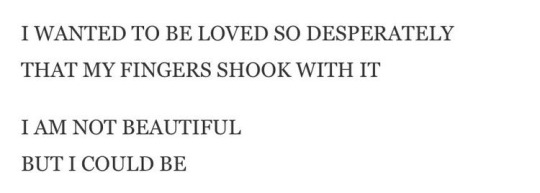
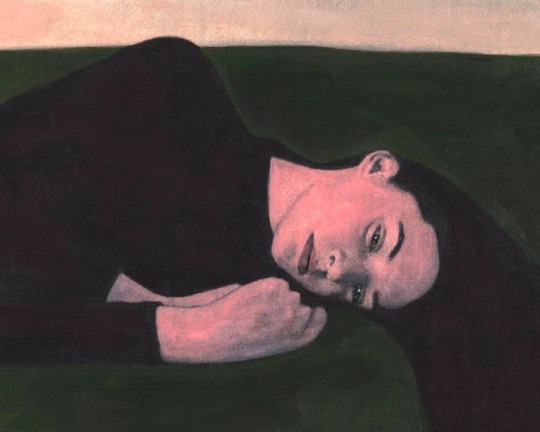
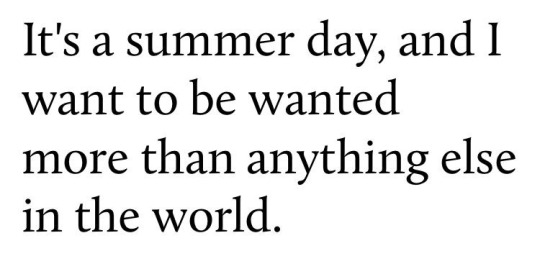
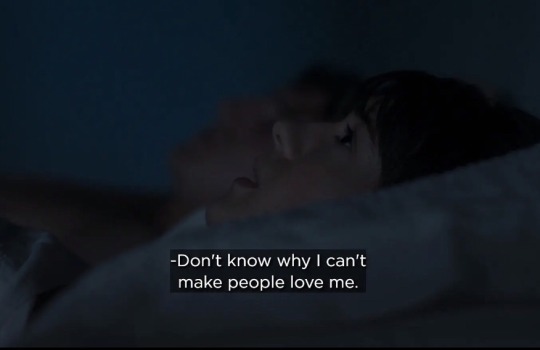
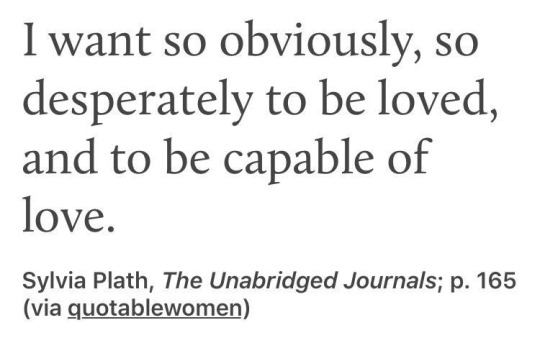
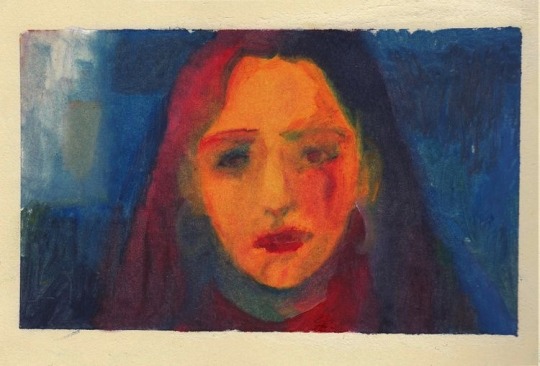
—longing for love
what i could never confess without some bravado by emily palermo // nickie zimov // homosexuality by frank o’hara // normal people (2020) // the unabridged journal by sylvia plath // holly warburton
30K notes
·
View notes
Text



all the glamour and the trauma and the fuckin' melodrama
11K notes
·
View notes
Photo





like if you save/use.
© mendespideys on twitter.
credit me if you repost, thanks xx.
8K notes
·
View notes
Photo
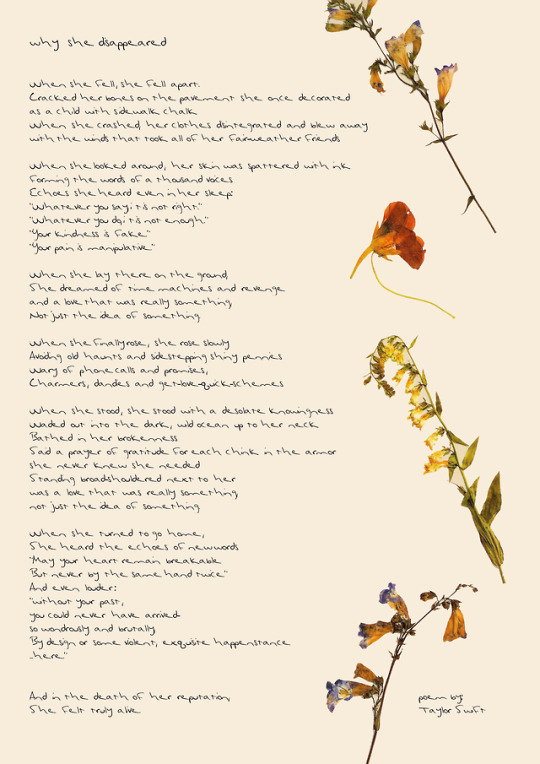
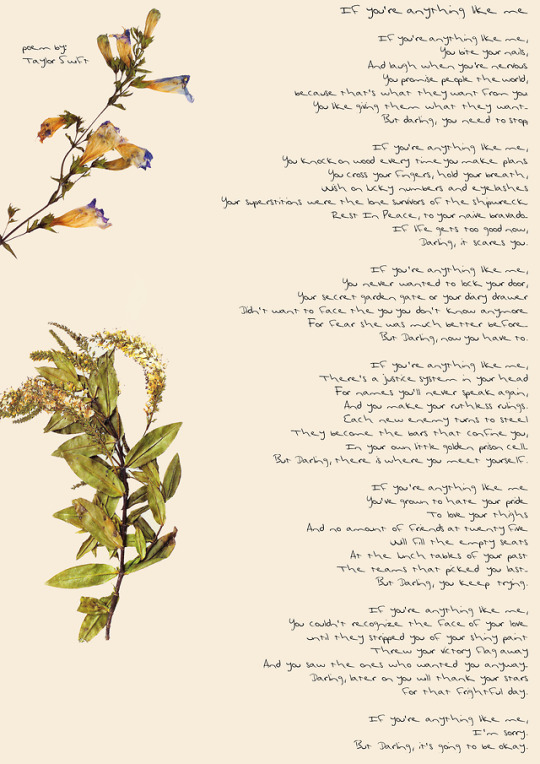
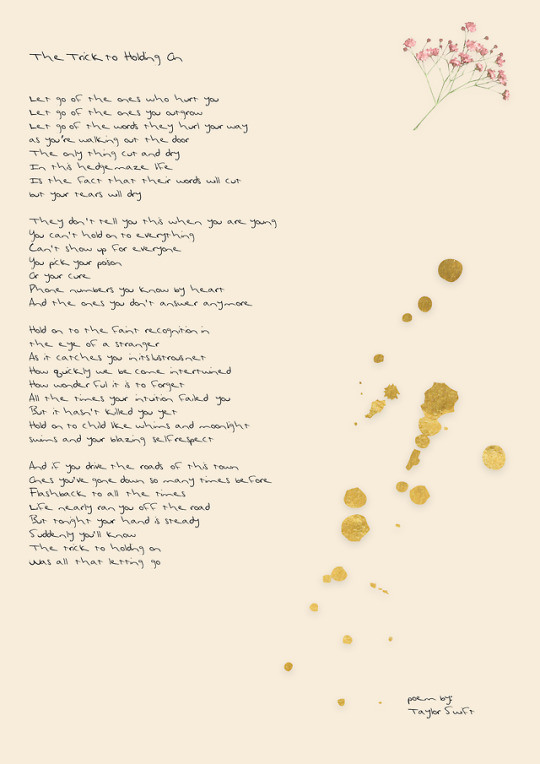
“Why She Disappeared”, “If You’re Anything Like Me” and “The Trick to Holding On” in Taylors handwriting (click to enlarge)
3K notes
·
View notes











